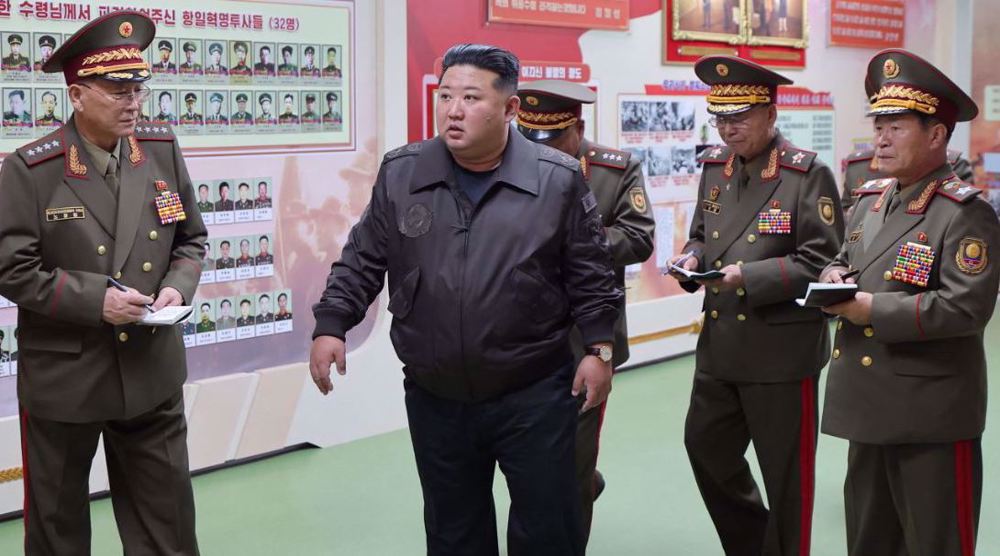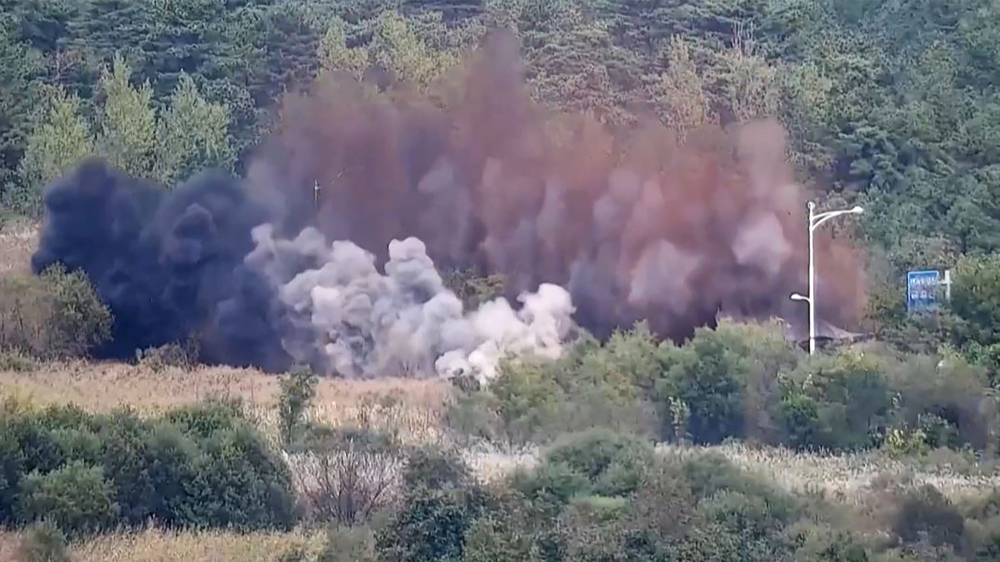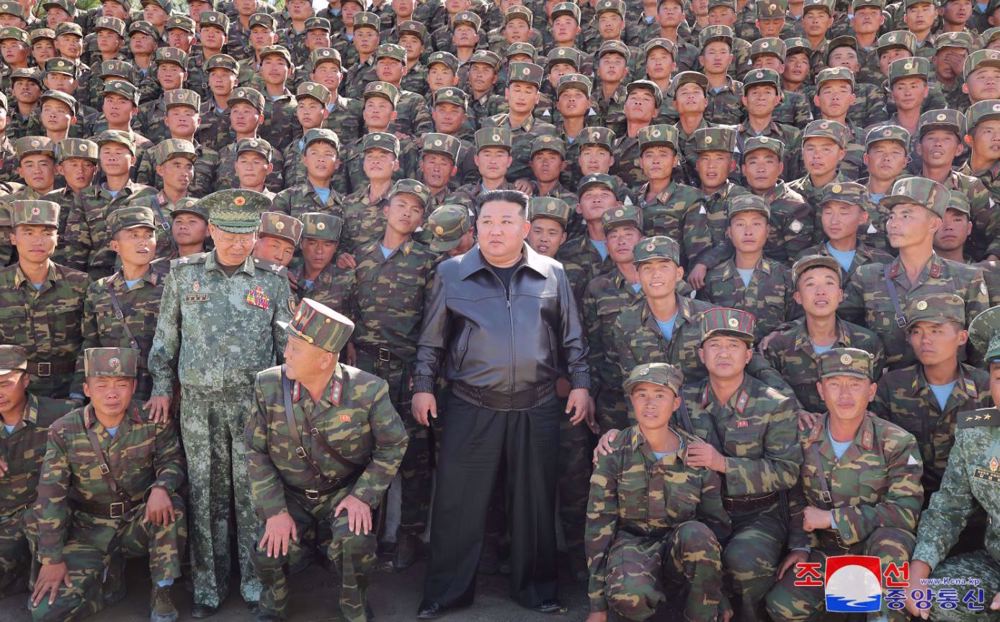South Korea invites North to participate in 2018 Winter Olympics to boost peace
South Korean President Moon Jae-in has invited North Korea, his country's archenemy, to the 2018 Winter Olympic Games, saying sports can serve as a peace maker and the invitation is thus aimed at easing incessant tensions between the two neighbors over Pyongyang's missile and nuclear programs.
President Moon made the remarks at the opening of the 23rd edition of the World Taekwondo Championships in the southern county of Muju on Saturday, adding that he believed in the strength of sports, which had been "brokering peace."
"If a North Korean delegation takes part in the Pyeongchang Winter Olympics, I believe it will greatly contribute to realizing the Olympic values, which are about bringing humanity together and promoting world peace," he further said, according to a script of his comments released by the presidential Blue House.
Moon also took a step further and suggested that the two neighbors should pool their athletes to create joint teams for the games in order to achieve better performance.
Jang Woong, North Korea's sole member of the International Olympic Committee (IOC), together with a North Korean delegation of athletes, also attended the sports ceremony in Muju town on Saturday. The Taekwondo tournament marks the first sports exchange between the neighbors since liberal Moon came to power in May.

On June 12, Moon also came up with an extraordinary proposal when he offered his FIFA counterpart Gianni Infantino that Seoul and Pyongyang co-host the 2030 World Cup if the Far East awarded the tournament.
Moon, unlike his ousted predecessor Park Geun-hye, who took a hardline stance against the North, is known to favor engagement with Pyongyang to bring it to the negotiating table.
Back in the Seoul 1988 Olympics, South Korean leaders tried to share some sports events with the North, but all to no avail. The negotiations broke down and Pyongyang boycotted the Games.
Relations between North and South Korea have been characterized by consistent tension. The two countries fought a war in the early 1950s, and have been at odds ever since the war ended. In recent years, Seoul has expressed its deep concerns over Pyongyang's nuclear and missile programs.
The North, currently under a raft of UN crippling sanctions over its military programs, says it will continue those programs until the United States ends its hostility toward the country, slamming the controversial deployment of US Terminal High Altitude Area Defense (THAAD) in South Korea.
Pyongyang says the advanced missile system threatens its sovereignty, while Seoul claims that THAAD only serves as deterrence against North's possible attacks.
Russian court orders Google to pay staggering fine of $20 decillion
Yemeni forces carried out five operations in Haifa, targeting six ships, in one year: Report
VIDEO | US-Israeli war on West Asia
Israeli war machine fails to penetrate Lebanon despite barbaric bombardment: Houthi
VIDEO | Is West's dominance over?
VIDEO | Five Syrians killed in Israeli airstrikes on al-Qusayr near Homs
VIDEO | South African resistance leaders reflect on ways to overcome Israeli aggression
VIDEO | Press TV's news headlines














 This makes it easy to access the Press TV website
This makes it easy to access the Press TV website